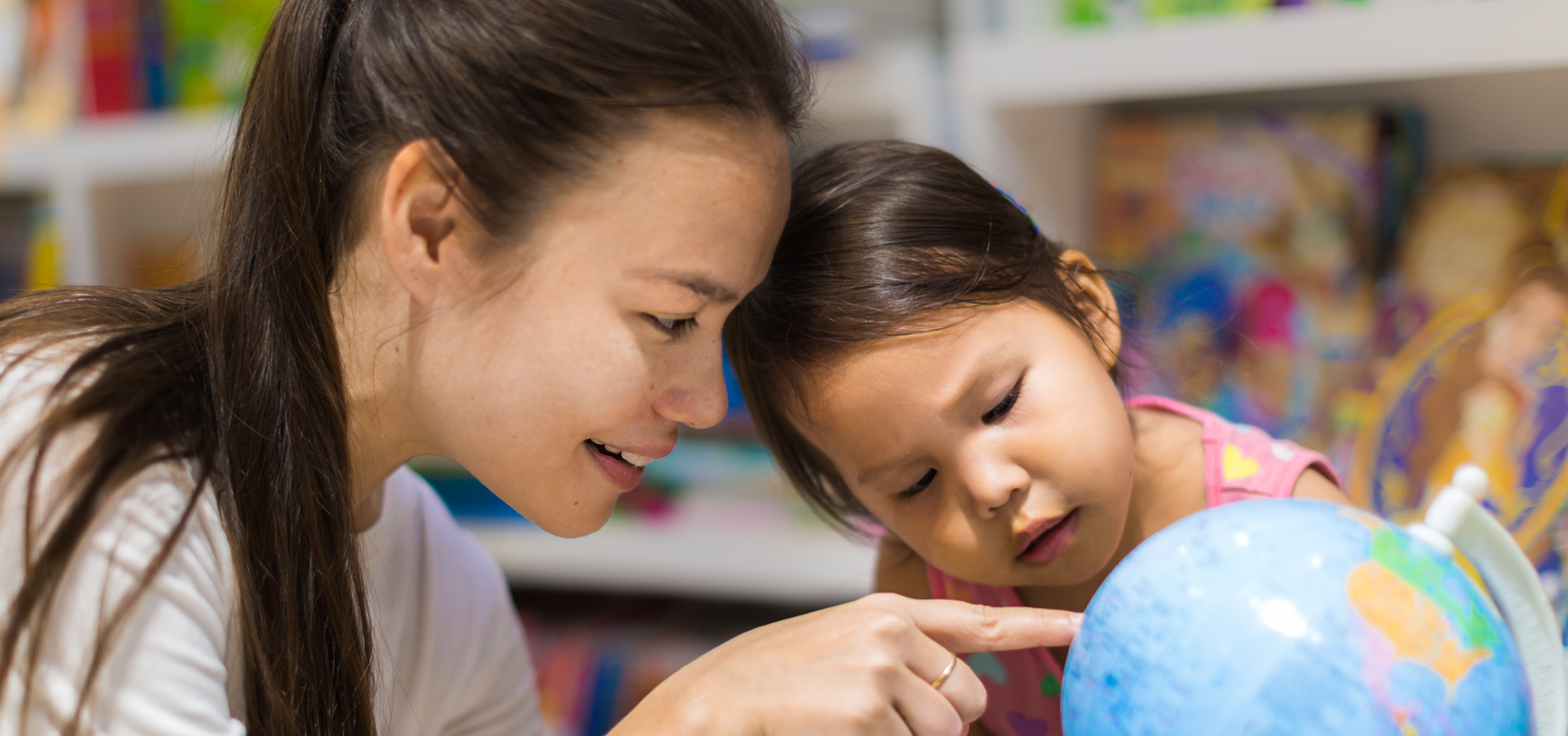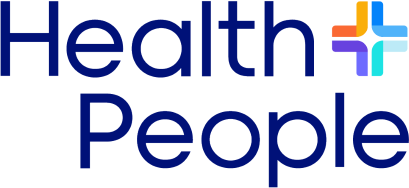Building culturally safe childcare that supports every child to thrive

In a country as diverse as Australia, every childcare environment should reflect and respect the cultural identities of the children and families it serves.
Cultural safety is more than inclusion – it’s about creating spaces where children feel seen, respected and free to express who they are. At Health Plus People, we believe that building culturally safe childcare is essential not just for equity, but for the wellbeing, learning and development of every child. And it all starts with the people at the heart of care.
What is cultural safety in early childhood education?
Cultural safety means that children and families feel culturally respected, supported and understood – not only in the curriculum, but in the environment, staff attitudes, language, policies and practices.
Originally a concept developed in Māori nursing in New Zealand, cultural safety in early childhood settings now refers to an approach that goes beyond diversity and focuses on actively challenging bias, honouring lived experience and highlighting the child’s perspective.
Building strong beginnings for brighter futures
The early years of life are foundational. For children from culturally and linguistically diverse backgrounds – including Aboriginal and Torres Strait Islander children – a culturally unsafe environment can impact confidence, identity formation, emotional regulation and learning outcomes.
When a child sees their culture reflected in the books they read, the songs they sing, the food they eat and the language they hear, it builds a powerful message of belonging.
What culturally safe childcare looks like
Creating a culturally safe environment is a journey, not a checklist. But some key principles may include:
- Diverse staffing: Children benefit from seeing educators and carers who reflect the community’s range of cultural backgrounds and languages.
- Culturally responsive programming: Activities, stories and resources that draw from a wide range of traditions and perspectives.
- Language inclusion: Celebrating multilingualism through signage, greetings and songs in home languages.
- Cultural competence training: Ongoing professional development that supports staff to reflect on their own cultural lens, challenge assumptions and respond with empathy.
- Family engagement: Creating space for families to share their cultural practices and participate meaningfully in the care environment.
The role of workforces in creating safer spaces
At Health Plus People, we’re proud to connect early childhood providers with professionals who bring not only qualifications and care but also lived cultural knowledge, empathy and multilingual skills. Whether it’s placing a Fijian early childhood educator in a regional centre or supporting a team with cultural competency training, our recruitment approach is deeply aligned with inclusive, child-first care.
We know that when educators feel safe and supported in their own identities, they’re more confident creating that same sense of safety for the children they care for.
Every child deserves to feel safe, seen and supported
Creating culturally safe childcare isn’t a trend – it’s a responsibility, and it has lifelong benefits. By building environments where all children can explore their identity, feel valued and thrive, we’re not just meeting a duty of care – we’re shaping a better, more inclusive future.
